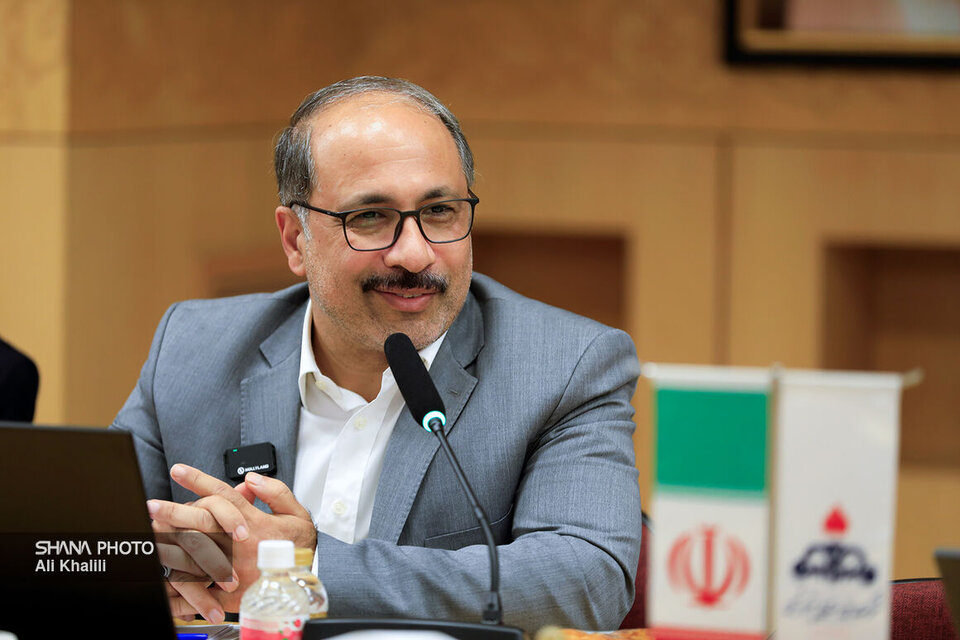Ali Rabbani said Saturday, Sept. 13, during the campaign’s lottery ceremony that the initiative led to significant reductions in energy use, economic savings and the distribution of both individual and social rewards.
He noted that Pardis and Zagros petrochemical companies, as investors, along with the National Iranian Gas Company, helped make the effort possible for the first time. The project was carried out without state funding, relying instead on nongovernmental organizations, the National Petrochemical Company and the National Iranian Gas Company.
Rabbani said 142,000 people registered despite difficult conditions, with at least 15 of the 38 cities reaching 10% participation.
Individual, social rewards
According to Rabbani, the campaign’s social rewards included more than 600 wheelchairs for children in need, five solar power units for workshops run by female heads of households, participation in restoring fire-damaged Zagros forests, work to revive Anzali wetland, contributions to the Red Crescent’s charity programs, and 310 high-efficiency heaters for low-income families.
Individual prizes included more than 3,500 high-efficiency heaters, 500 high-efficiency boilers, 100 loans of 120 million tomans each for upgrading central heating systems, and 400 loans for burner adjustments and expansion tank replacements.
Rabbani said the program promoted lifestyle changes by encouraging reduced energy consumption, lowering carbon emissions and improving economic and environmental conditions.
He added that among the 142,000 participants, 62,950 qualified for the lottery of heaters, boilers and heating system upgrades after cutting their consumption by at least 20%. In some provinces, average reductions reached 27%, while in Kurdestan they hit 30%. In North Khorasan, all but one participant reduced consumption by at least 10%.


Your Comment